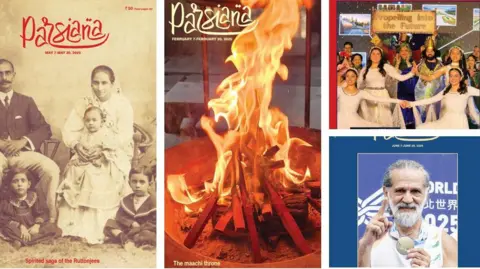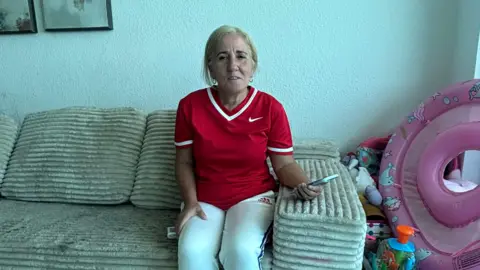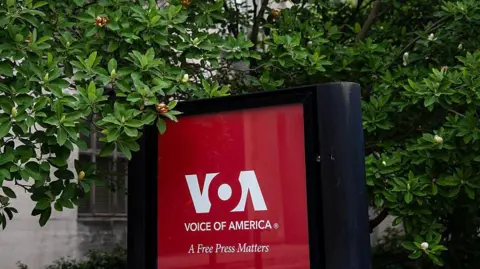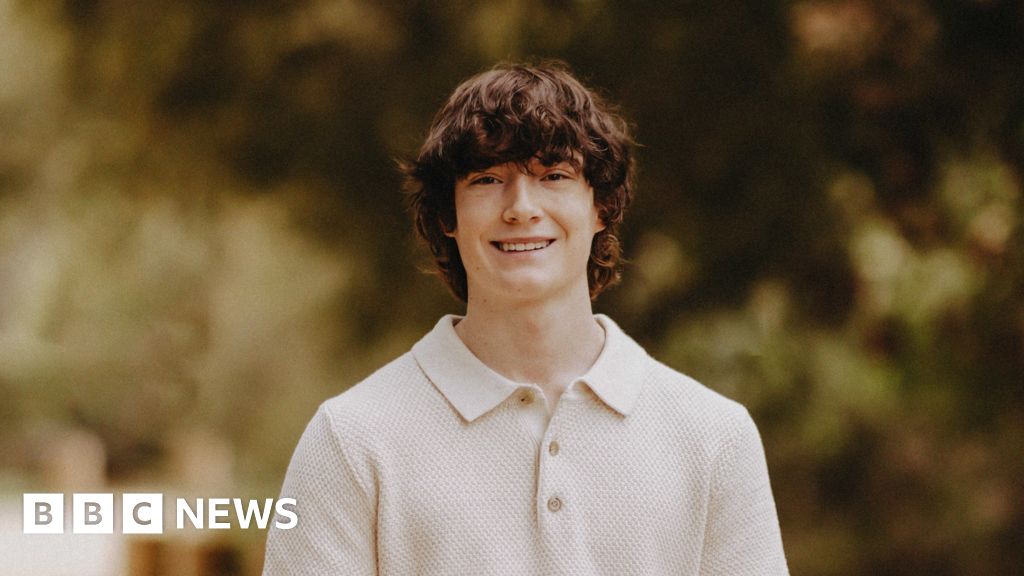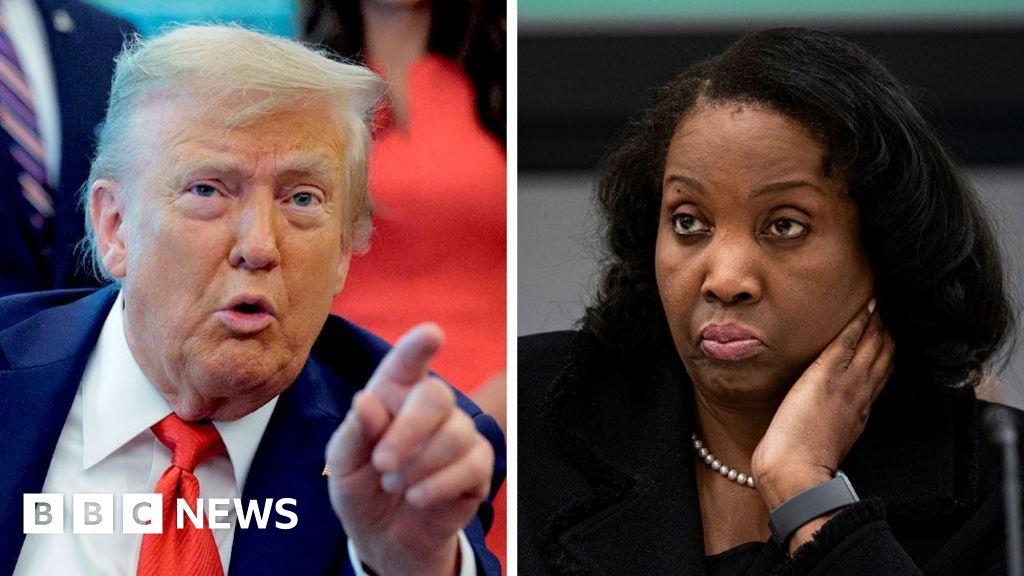A coalition consisting of prominent news organizations, including the Toronto Star, CBC, and The Globe and Mail, has collectively filed a lawsuit against OpenAI, the developer behind the widely recognized AI chatbot, ChatGPT. The plaintiffs allege that OpenAI unlawfully incorporates their news articles into its training process, enabling the AI to generate responses based on their intellectual property without permission.
Notably, this legal action, described by experts as the first of its kind in Canada, underscores the rising tensions between tech companies utilizing AI and traditional journalism. In a united statement, the media organizations emphasized, "Journalism is in the public interest. OpenAI's use of other companies' journalism solely for commercial gain is illegal."
OpenAI maintains that its models are built using publicly available data and operates within the framework of fair use. The company has asserted that it engages with news publishers to display proper attribution and supports mechanisms for opting out of content use. In response to the accusations, OpenAI stated, "We collaborate closely with news publishers... and offer them easy ways to opt out should they so desire."
The legal filing, which spans 84 pages, cites multiple instances of OpenAI allegedly bypassing existing copyright protections, including paywalls, when harvesting content for the development of its chatbot. The media coalition argues that these actions are in gross violation of copyright laws and may involve significant financial consequences; they are seeking punitive damages amounting to C$20,000 (approximately $14,300 or £11,000) per article used without authorization. This could potentially lead to compensation claims totaling billions of dollars.
In addition to financial restitution, the group is calling for a court order that would compel OpenAI to share profits derived from the use of their articles and seeks a ban on any future utilization of their content without explicit consent. This suit aligns with a growing trend as similar claims have emerged in the United States, with notable cases involving the New York Times and various authors asserting copyright infringement against OpenAI.
As tensions between established media outlets and AI firms like OpenAI escalate, the outcome of this landmark case could set significant precedents for how artificial intelligence interacts with copyrighted content in the future.






